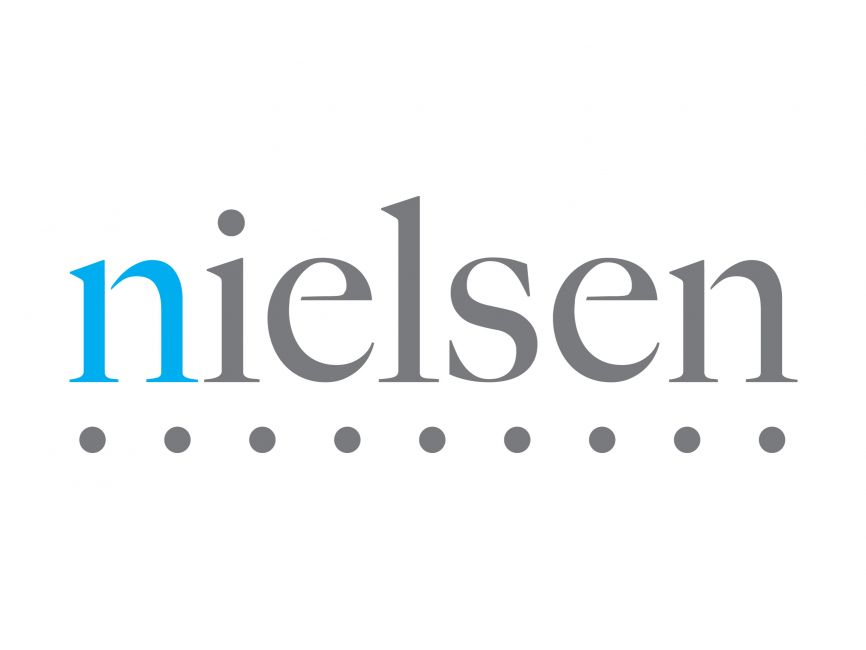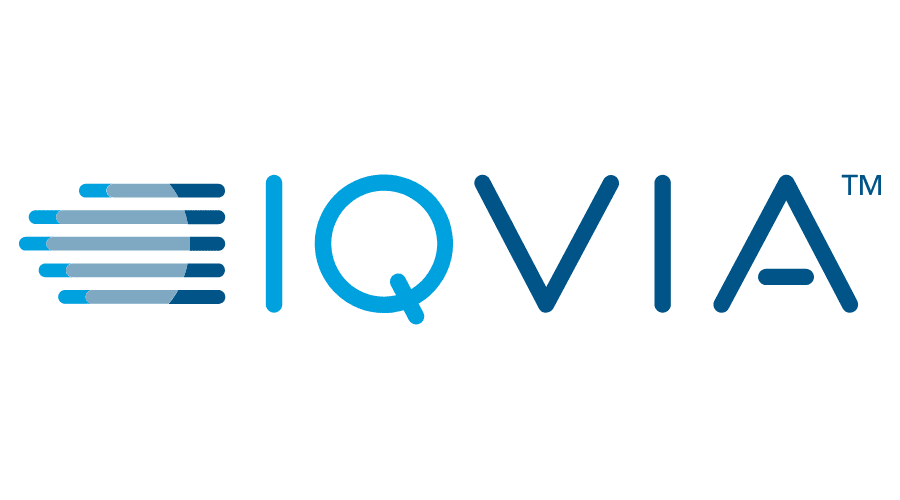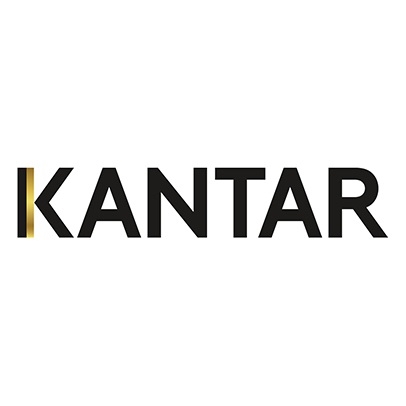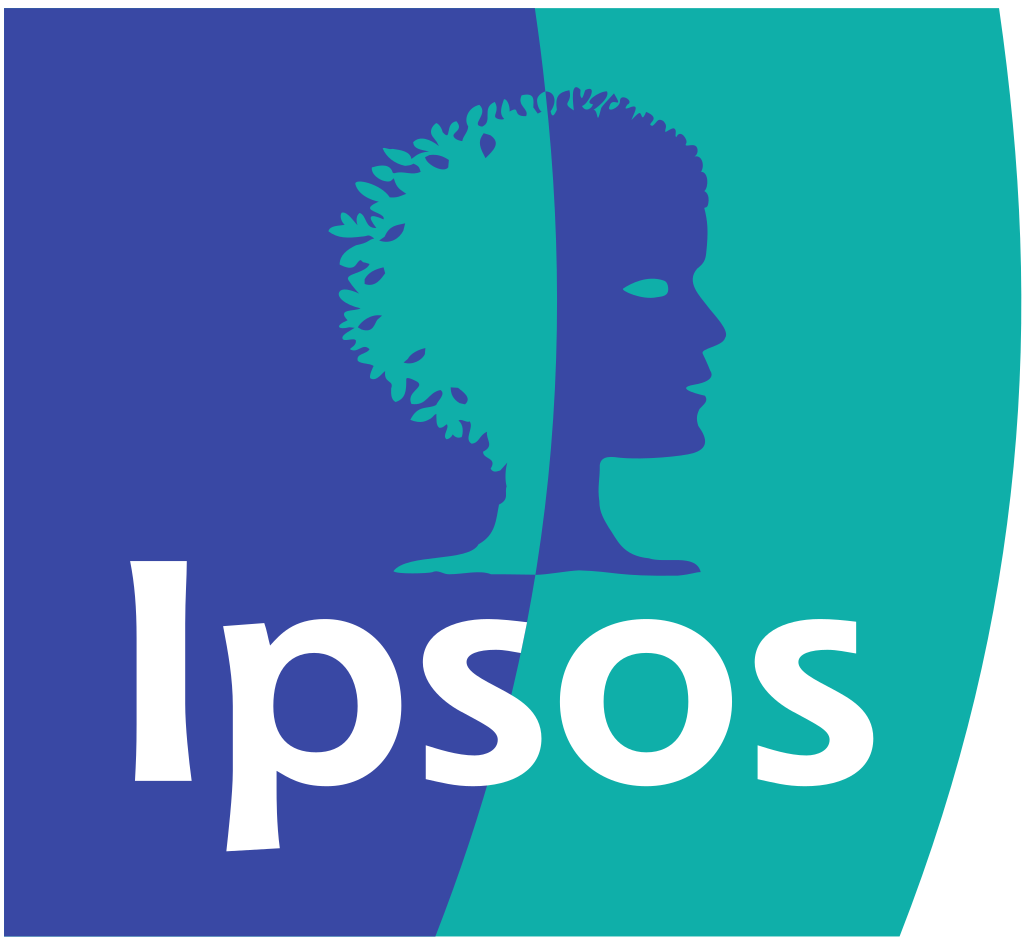Market Research Panels: Everything You Need To Know And More

by S. Losina
September 7, 2023
Are you looking for a deeper understanding of your target audience? Market research panels may hold the key. As the market research industry continues to evolve, panels are becoming increasingly popular for companies seeking insights into consumer behavior. In this article, we will explore the process, benefits, and drawbacks of using a market research panel for quantitative and qualitative studies and the importance of using market research incentives such as money or gift cards for your panelists. Whether you’re looking to improve your products or services, understanding your target audience is crucial, and market research panels can help you achieve just that.
Jump to Section
What is a Market Research Panel
A market research panel is a group of individuals who have agreed to participate in research studies and provide feedback on various products, services, or topics. These individuals are typically selected based on specific demographic criteria to ensure that the panel represents the target audience of the company conducting the research.
Types of Market Research Panels
- Online panels
Online panels are the most common type of market research panels. Participants are recruited from online platforms and databases and are typically asked to complete surveys or participate in online discussions. Online panels offer the advantage of convenience and a larger pool of potential participants.

- In-person panels
In-person panels involve face-to-face interactions with participants. These panels are often used for more in-depth qualitative research studies, such as focus groups or individual interviews. In-person panels allow for deeper insights and the opportunity to observe non-verbal cues and reactions.
- In-house panels
In-house panels refer to panels that are managed and maintained by the company itself. While there are benefits to having an in-house panel, there are also some drawbacks to consider.

- Third-party panels
Third-party panels are panels that are managed and maintained by external market research companies. These panels typically consist of individuals who have opted to join the panel and participate in research studies. Third-party panels offer the advantage of access to a larger and more diverse pool of participants, as these panels often have a large database of individuals who have expressed interest in participating in research.

Related: Research Incentives: A comprehensive guide
Incentivizing Market Research Panelists
Incentivizing market research panelists is crucial to ensure that you have an engaged and representative group of participants who can provide valuable insights for your research. Market research panels typically consist of individuals who have agreed to participate in surveys, focus groups, or other research activities in exchange for some form of compensation or incentive. Here are some strategies and considerations for incentivizing market research panelists effectively;
- Gift cards
Gift cards are commonly used incentives for market research panels. They motivate panelists to participate, offer flexibility, and appeal to diverse interests. Gift cards are easy to distribute, allow for budget control, provide immediate gratification, and can lead to higher-quality data. Gift cards are a preferred choice for elevating panelist engagement and enhancing research outcomes because they grant individuals the freedom-of-choice. - Cash
Cash Offering cash incentives is one of the most common and straightforward methods. Panelists can receive payments via check, PayPal, or direct bank transfer. The incentive amount should be proportional to the time and effort demanded by the research task. - Recognition and feedback
Acknowledging and recognizing panel members for their participation can go a long way in motivating them to continue engaging with the panel. Providing personalized feedback on their responses and showing appreciation for their input can make them feel valued and incentivized to continue participating. - Gamification
Gamifying the research process can make it more engaging and fun for panel members. This can involve incorporating elements of competition, offering rewards or badges for completing certain tasks or surveys or creating interactive activities that make the research experience more enjoyable. - Personalized experiences
Tailoring the research experience to the individual panel member’s interests and preferences can increase their motivation to participate. This can involve sending surveys or studies that align with their demographics or previous responses, or providing opportunities for panel members to provide input on the types of research they would like to participate in. - Charitable donations
Charity donations in research panels involve offering panelists the option to donate their incentives or rewards to a charitable organization of their choice instead of receiving them personally. This approach allows panelists to contribute to a good cause while participating in market research activities, adding a philanthropic element to the incentive program.
Related: Gift Cards vs. Cash: Which is the Better Gift Option?
Send Bulk Gift Cards to your Panelist around the world
Yep. We have digital reward options in +100 countries around the world. Gift Cards, pre-paid cards, Charities, and much more. Sending rewards internationally is a breeze with Huuray. All for free
7 Benefits of Using Market Research Panels
Market research panels are helpful tools for businesses and researchers. They make it easier to gather important information from the right people. Here are seven reasons why these tools are so useful. Whether you run a business or do brand research, knowing these benefits can really help you succeed.
- Access to a targeted audience
Market research panels provide companies with access to a specific target audience that aligns with their customer base, ensuring that the feedback and insights obtained are relevant and representative of the actual consumers within their workforce. - Cost-effective
Utilizing market research panels can be a cost-effective way to gather data and insights. Compared to other research methods, such as conducting independent surveys or interviews, panels offer a more efficient and cost-friendly approach, helping to reduce research costs. - Faster data collection
With a panel in place, companies can quickly collect data and insights from participants. This allows for faster decision-making and a more timely response to market trends and consumer preferences. - Longitudinal research
Market research panels offer the opportunity for longitudinal research, where data is collected from the same group of participants over an extended period. This allows companies to track changes in consumer behavior and preferences over time. - Flexibility in research design
Market research panels provide the flexibility to design different types of research studies to meet specific objectives. Companies can conduct quantitative studies to gather statistical data or qualitative studies to gain in-depth insights through interviews or focus groups. - Quality control
By using a panel, companies can ensure the quality of their research by recruiting and maintaining a pool of reliable and engaged participants. Panel members are typically pre-screened to ensure they meet specific criteria and are committed to providing accurate and thoughtful responses. - Relationship Building
Market research panels enable you to establish a relationship with your participants. This can lead to increased loyalty and a stronger connection between your company or research team and your customers. Panelists may feel valued and appreciated for their contributions, resulting in more accurate and valuable feedback.
Related: Top 8 Best Tips to Become an Incentive Marketing Expert
5 Top Third-Party Research Panel Companies

Nielsen is a global leader in audience measurement, data, and analytics, shaping the future of media. They measure behavior across all channels and platforms to discover what audiences love, empowering their clients with trusted intelligence that fuels action. Nielsen operates in over 100 countries and employs approximately 44,000 people worldwide.

IQVIA is a leading global provider of advanced analytics, technology solutions, and clinical research services to the life sciences industry. They create intelligent connections across all aspects of healthcare through their analytics, transformative technology, big data resources, and extensive domain expertise. IQVIA Connected Intelligence delivers powerful insights with speed and agility; enabling customers to accelerate the clinical development and commercialization of innovative medical treatments that improve healthcare outcomes for patients. With approximately 86,000 employees, IQVIA conducts operations in more than 100 countries.

Kantar is a data and evidence-based agency that provides insights and actionable recommendations to clients worldwide. They have a comprehensive, distinct, and well-rounded understanding of people around the world: how they think, feel, and act, both globally and locally in over 90 markets.
We don’t just help clients understand what’s happened, we tell them why and how they can shape the future.

Established in 1963, Westat excels in research, data collection, analysis, technical assistance, evaluation, and communications. Their evidence-based insights assist government and private-sector clients in advancing health, education, and social and economic policies. They rely on rigorous statistical and data science methods, consistently aiming to enhance lives through research.

Ipsos is a market research firm providing insights on brands, markets, people, and society. Their solutions cover innovation, market strategy, retail and consumer intelligence, public affairs, and more. They serve various market segments, including audience measurement, corporate reputation, and healthcare. Ipsos collects and processes survey data offline and online, catering to consumers, clients, employees, citizens, and healthcare professionals across regions like Europe, the Americas, Asia-Pacific, the Middle East, and Africa. Ipsos is headquartered in Paris, France.
Drawbacks & Challenges of Using a Market Research Panel
Market research panels offer advantages but also come with potential drawbacks and challenges. These include issues like panel bias, fatigue, limited diversity, attrition, incentive costs, and privacy concerns. Acknowledging and addressing these challenges is crucial for researchers and businesses to ensure the reliability and effectiveness of their research efforts. Below are some drawbacks and challenges one might run into;
- Limited diversity
In-house panels may not always represent a diverse range of demographics. This can result in a limited understanding of the target audience and may lead to biased or skewed results. - Panel fatigue
Participants in a market search panel may become fatigued or disengaged over time, especially if they are frequently asked to participate in research studies. This can lead to lower response rates and decreased data quality. - Cost and time commitment
Managing a market research panel can be time-consuming and costly. Companies need to invest resources in recruiting and maintaining the panel, as well as analyzing and interpreting the data collected. - Sample size limitations
Some market research panels may have a limited number of participants, which can impact the statistical validity of the research findings. Larger sample sizes are often desired to ensure more accurate and representative results. - Self-selection bias
Individuals who choose to join a market research panel may have different characteristics or motivations compared to those who do not join. This self-selection bias can impact the validity and generalizability of the research findings. - Sample bias
Despite efforts to ensure representativeness, market research panels can still suffer from sample bias. The individuals who choose to join a panel may not be a true reflection of the larger target population, leading to potential biases in the data collected.
Best Practices for a Successful Market Research Panel

Now that we’ve explored the downsides and difficulties of using and overseeing a Market Research Panel, let’s examine some top tips and best practices to help you handle these challenges smoothly.
- Clearly define your research objectives: Before starting a panel study, it’s important to clearly define the goals and objectives of your research. This will help guide the design of your study and ensure that you collect the right data to answer your research questions.
- Use a diverse panel: To ensure that your research represents a wide range of perspectives, it’s important to have a diverse panel. This can include individuals from different demographics, geographic locations, and consumer segments. A diverse panel will help you gain insights that are representative of your target market.
- Regularly update and refresh your panel: It’s important to regularly update and refresh your panel to ensure that you have an engaged and active group of participants. This can involve recruiting new panel members, removing inactive members, and keeping the panel database up to date.
- Maintain panel engagement: Keeping panel members engaged throughout the research process is crucial. This can be done by sending regular communications, providing updates on the progress of the study, and offering incentives for participation. Engaged panel members are more likely to provide accurate and thoughtful responses.
- Ensure data quality: To ensure the quality of the data collected, it’s important to have measures in place to validate responses and detect fraudulent or unreliable data. This can include implementing quality control checks, using validation questions, and monitoring response patterns.
- Analyze and interpret the data: Once the data has been collected, it’s important to analyze and interpret the findings. This can involve conducting statistical analysis, identifying patterns and trends, and drawing conclusions based on the data. It’s important to use the appropriate analytical techniques and tools to ensure accurate and reliable results.
- Communicate the findings: After analyzing the data, it’s crucial to effectively communicate the findings to stakeholders. This can include creating comprehensive reports, visualizing the data through charts and graphs, and presenting the findings in a clear and concise manner. The goal is to provide actionable insights that can be used to improve products, services, and overall business strategies.
Related: Academic Research Incentives: How, Where And When Does It Work?
Final thoughts
In conclusion, market research panels are a valuable tool for companies seeking to gain insights into consumer behavior. By following the best practices outlined in this blog post, companies can ensure the success of their panel studies and obtain accurate and reliable data. Panels offer a unique opportunity to connect with the target market and understand their preferences, opinions, and needs. With the right planning and execution, market research panels can provide the data and insights needed to make informed business decisions and drive growth. So, consider incorporating panels into your market research strategy and start reaping the benefits they can offer.



Let’s have a chat
FAQs
Market research panels are typically used by companies and organizations that are seeking to gain insights into consumer behavior in order to improve their products and services. This includes businesses in various industries such as retail, healthcare, technology, and finance, among others. Market research panels are particularly beneficial for companies that want to gather data from a targeted group of individuals who match their desired consumer demographic. By using market research panels, companies can access a diverse pool of participants who are willing to provide their opinions and feedback on specific topics or products. These panels allow businesses to gather valuable insights, make informed decisions, and tailor their strategies to meet the needs and preferences of their target audience.
Not necessarily. While it is true that some respondents may be incentivized to answer a survey even if they don’t fully fit the target audience, this can easily be mitigated with proper screening questions. Moreover, offering incentives can actually increase response rates and improve the quality of the data collected. Respondents are more likely to take the survey seriously and provide honest answers if they feel that their time and effort are being valued.
So, when should you use survey incentives? The answer is simple: when you want to get the most accurate and reliable data possible. Whether you are conducting market research, customer satisfaction surveys, or employee engagement surveys, offering incentives can help you get more responses and better-quality data. By showing your respondents that you appreciate their time and opinions, you can build trust and improve your reputation, which can ultimately lead to increased customer loyalty and revenue.
Yes, you can! Huuray handles orders in bulk, so you can send gift cards to as many recipients as you need. Offer a personalized experience with your organization’s logo, customized fonts, colors, and message.

